Publications
Articles, publications, books, tools and multimedia features from the U.S. Institute of Peace provide the latest news, analysis, research findings, practitioner guides and reports, all related to the conflict zones and issues that are at the center of the Institute’s work to prevent and reduce violent conflict.

Jacob Stokes on China’s Influence in South Asia
Home to about 2 billion people, South Asia has become a strategic focal point for China’s growing global influence. USIP’s Jacob Stokes says to properly counterbalance Beijing in the region, the United States should focus “less about responding to China … and more engaging with the states of South Asia.”
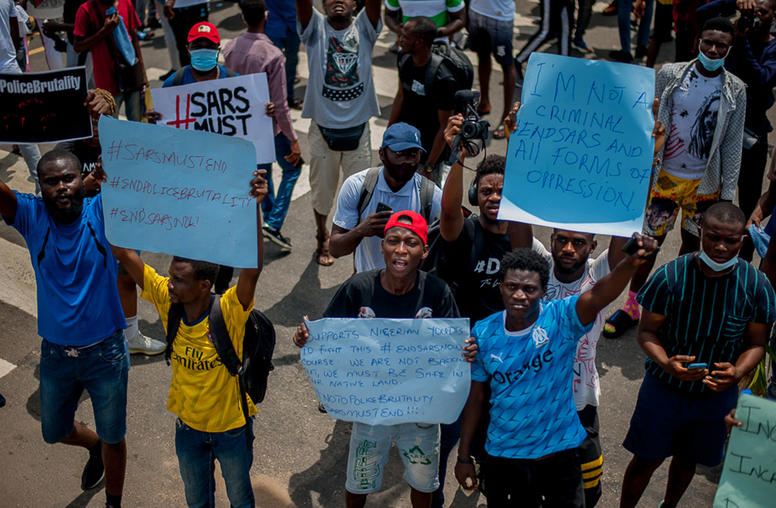
Nigeria's Security Failures: The Link Between EndSARS and Boko Haram
At first glance, the October state-led killings of protesters in Nigeria’s largest city, Lagos, seem to have little in common with the November Boko Haram massacre of at least 43 farmers in Nigeria’s northeast, or the December 11 abduction of hundreds of school students in Katsina State. With vastly different circumstances, motivations, and perpetrators—and separated by hundreds of miles—all three episodes could easily be recorded as just further tragic installments in Nigeria’s long history of violence. However, these incidents underscore the wider failure of the state to provide security for its citizens, only deepening the trust deficit felt by Nigerians.

China’s Influence on Conflict Dynamics in South Asia
China has embarked on a grand journey west. Officials in Beijing are driven by aspirations of leadership across their home continent of Asia, feelings of being hemmed in on their eastern flank by U.S. alliances, and their perception that opportunities await across Eurasia and the Indian Ocean. Along the way, their first stop is South Asia, which this report defines as comprising eight countries—Afghanistan, Bangladesh, Bhutan, India, Maldives, Nepal, Pakistan, and Sri Lanka—along with the Indian Ocean (particularly the eastern portions but with implications for its entirety). China’s ties to the region are...
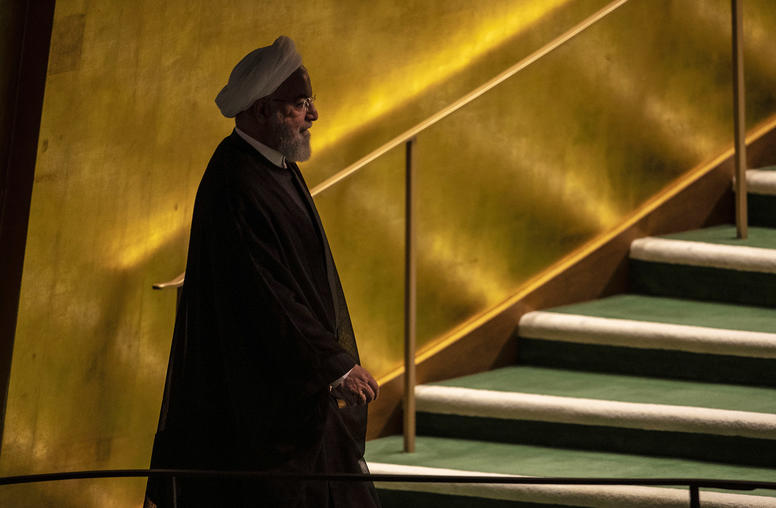
Nuclear Diplomacy with Iran: What’s Ahead for the Biden Administration?
Of all the pressing issues in the volatile Middle East—wars in Syria, Yemen and Libya, unstable Iraq, imploding Lebanon, and the 10,000 ISIS fighters and other al-Qaida franchises still on the loose—the most pressing for President-elect Joe Biden will be Iran’s controversial nuclear program. He has repeatedly promised to rejoin the nuclear deal, brokered by the world’s six major powers in 2015, which Donald Trump pulled out of in 2018.
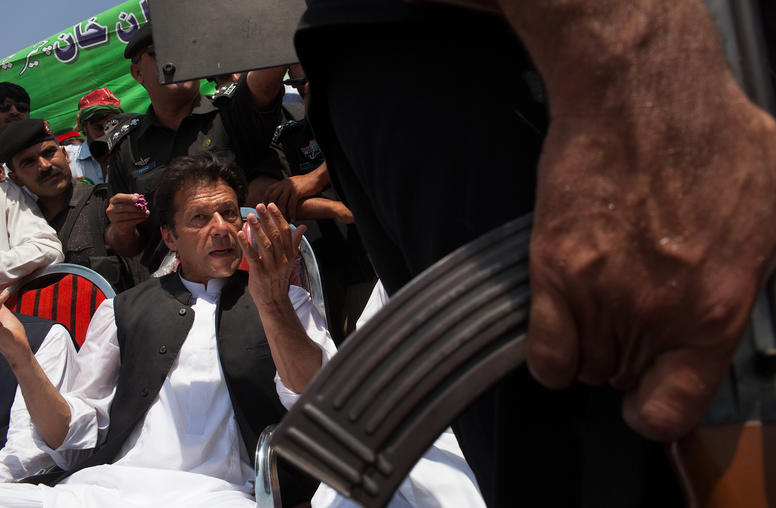
Pakistani Politics Roiled by Familiar Triangle: Military, Government, Opposition
Political uncertainty has descended on Pakistan as the combined opposition, seeking to dislodge the government of Prime Minister Imran Khan, has gathered under the banner of the Pakistan Democratic Movement (PDM). While the conflict may appear sudden, its roots lie in the 2018 general election, which the opposition claims was rigged by the military to carry the Pakistan Tehrik-e-Insaf (PTI) to power. With the government struggling to manage the economy and govern, and the opposition facing further parliamentary marginalization, the PDM has emerged as the most significant challenge to the PTI government so far. The PDM is also seeking to roll back the influence of the military in politics.
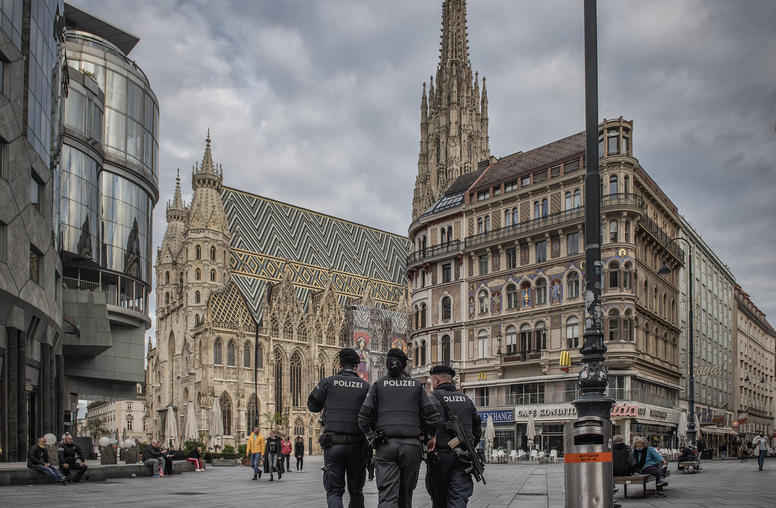
From COVID to the Caliphate: A Look at Violent Extremism Heading into 2021
Heading into 2021, the violent extremist landscape is more diverse than at any previous point in the last two decades since the start of the U.S.-led Global War on Terrorism. While that effort was almost exclusively focused on combating violent extremist organizations motivated by Salafi-jihadism, there has been a universal recognition that other forms of extremism have proliferated. Many governments and states feel completely unprepared and underequipped to deal with these new forms of extremism, which include, but are not limited to, racially and ethnically motivated terrorism, terrorism inspired by extreme misogyny, left-wing terrorism, and the rapid spread of conspiracy theories.

Steve Hege on Venezuela’s Elections
Last weekend’s legislative elections proved to be “by no means fair or credible,” says USIP’s Steve Hege. To get the country back on track, Hege says a new U.S. administration will “have to work with the opposition and generate within the Venezuelan people some degree of belief in electoral politics.”
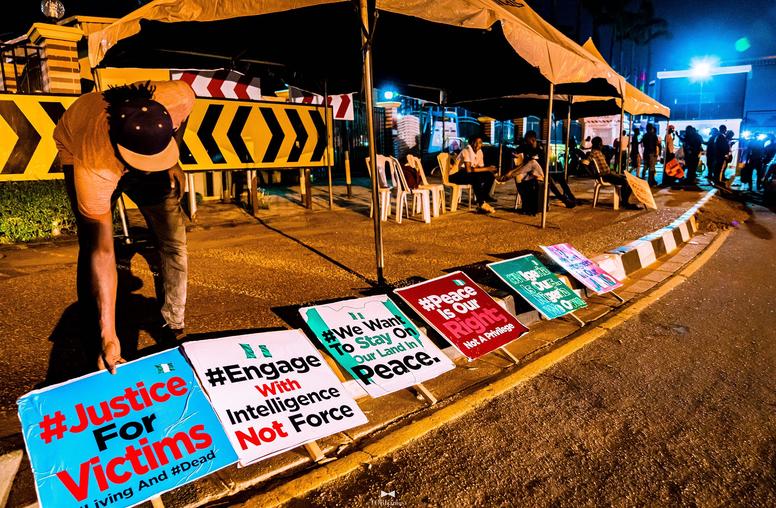
When the World Moves On: What’s Next for Nigeria’s EndSARS Movement?
This week, protesters once again filled the streets of several Nigerian cities as activists called for “Phase II” of the #EndSARS protests that rocked the country in October. While the protesters’ initial grievances focused on police violence by the country’s Special Anti-Robbery Squad (SARS), many in the movement have since expanded its aims, criticizing government corruption, with some calling for the resignation of President Muhammadu Buhari. While the initial protests seemed to have faded after the army opened fire on peaceful protesters at the Lekki Toll Gate plaza in Lagos, the underlying grievances of the protesters remain unresolved.
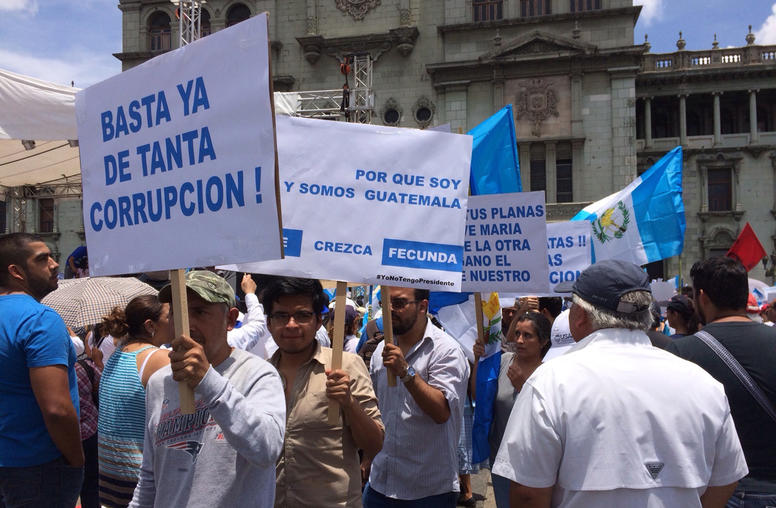
Combatting Corruption Amid the Pandemic
As the world deploys unprecedented measures to stem the fallout from the COVID-19 pandemic, the assistance that many struggling people see as a beacon of hope also raises the risk for unchecked corruption. Without a strong counterbalance demanding transparency and accountability, built at the grassroots level, anti-corruption agendas could face a debilitating blow as the pandemic wears on. However, despite the acute vulnerability of the current moment, there is emerging hope that the urgency of the pandemic could also help jumpstart solutions to perennial problems in the anti-corruption space.
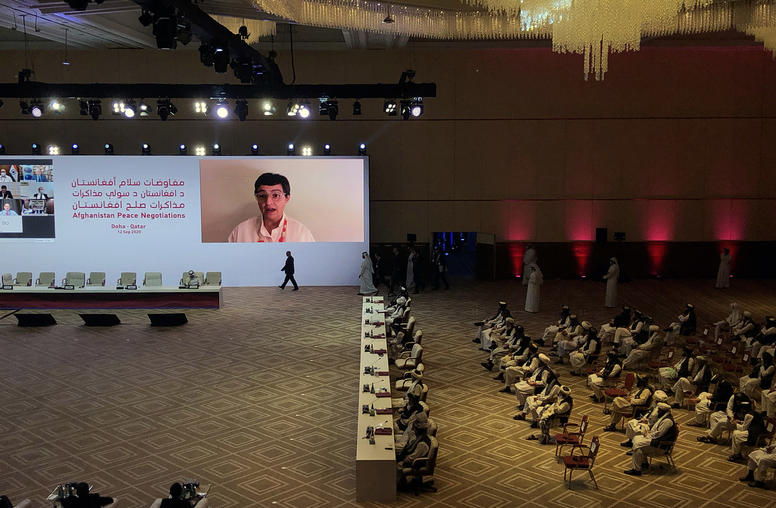
Gridlocked Afghan Peace Talks Overcome Another Hurdle
Afghan peace negotiations began in mid-September, bringing together the Afghan government and Taliban for the first time to negotiate an end to four decades of war. But, since then, the talks have been mired in squabbles over basic procedures. Last week the sides made a breakthrough and agreed on the rules that will govern future talks, opening the door to the more substantive issue of the agenda for talks—including how and when to talk about a reduction in violence and future political arrangements. Senior U.S. officials praised the agreement and urged the parties to move quickly to a discussion about ways to reduce record-high violence levels.